Description
by Guido Cuyvers
Every day the media confront us with the many forms and excesses of hatred: cyber hatred, hate speech, bullying, hate groups, religiously inspired violence against dissidents and genocides.
Hatred is human and current. It is an intrinsic part of what can happen between people. Personal experiences can lead people to hate someone. In society and even on a global level, hatred is again and again the motor of misunderstanding and often also of violence between people. Sometimes hate smoulders almost unconsciously; at other times he is furious and serves as a flag for serious violence. Hatred has many faces and seems omnipresent, that much is clear. The term “Erida complex,” after the Greek goddess of hate, symbolizes the common and deeply rooted nature of hatred.
Hatred is mighty as a destructive force. He knows how to motivate individuals and large groups of people to bring out the worst in themselves. He turns life among people into a desert. However, he cannot compete with Irene, the goddess and the symbol of peace. After all, he is unable to correct what went wrong. Nor is it a ground for building a peaceful society. At the same time, hatred is impotent against the positive freedom of people to transcend the negative. Those who are open to this will see many connecting, and therefore Irenean, initiatives. Hatred does not and should not have the last word. Opposite the well of Erida is the Irenese, the way to peace.
After examining the nature of hate, this book focuses a wide-angle lens on its many faces, in individuals and groups as well as peoples. Facing the negativity of hatred, this book presents constructive approaches to fostering relationships between people and peace.
During his professional life Guido Cuyvers was affiliated with a university college Thomas More), department of social work, as a lecturer, researcher, and head of the department. He studied criminology, sexology, and philosophy. He holds a doctorate in criminology with a study on the victims of crime. His research mainly takes place in the field of gerontology and elderly care, with a focus on the social inclusion of aging people. As coordinator of that research domain of gerontology, he founded the Flemish Research and Knowledge Centre Third Age (VONK3). He also founded a new college education Elderly Coach (bachelor after bachelor). He has repeatedly been a member, chairman or secretary of assessment panels in higher education. He also guided many non-profit organizations in their process of quality development, a theme on which he has published extensively. He is currently engaged in civil society, elderly policy, and research on the social participation of elderly people in society. As an author, he has published extensively on all kinds of social themes.

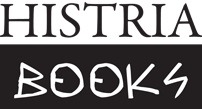
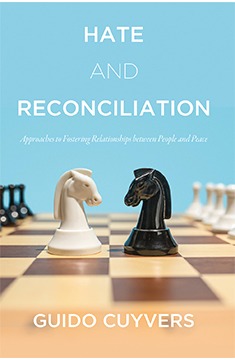
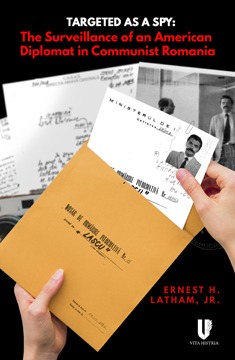
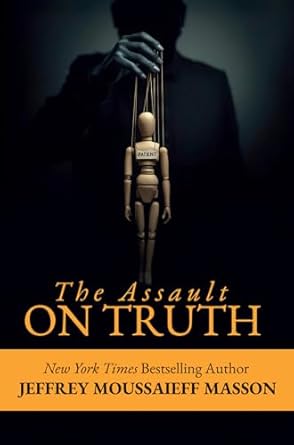
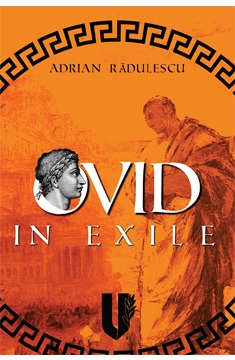

Reviews
There are no reviews yet.